Contents : 100 gelatin capsules
- Directions for use: 1 – 2 capsules once a day. Swallow the capsule and drink plenty of water 30 minutes before a meal, do not exceed the dose. Use for 2-3 months, then stop taking it for 1-2 months and resume supplementation after this period.
- Storage conditions: Store in a dry, dark place out of reach of children.
- NOTES: Do not exceed the recommended daily dose. Not for use by pregnant or lactating women or children under 12 years of age.
- The product cannot be used as a substitute for a properly varied diet.
Moringa – origin
Moringa is a species of tropical tree from the Moringaceae family. Moringa grows primarily in the northwestern part of India and Pakistan, as well as in other Asian countries, Africa, and South America. The tree grows up to 10 meters high, and its roots have a taste similar to horseradish – hence it is often called the horseradish tree . However, moringa has two other nicknames – it is also called the miracle tree or the tree of long life .
Due to its exceptional nutritional value, moringa has been classified as a superfood , or superfood, the healthiest products in the world . Moringa contains, among others:
- protein – twice as much as soy;
- vitamin A – four times more than carrots;
- vitamin C – seven times more than oranges;
- vitamin E – four times more than wheat germ;
- potassium – 15 times more than bananas;
- iron – 25 times more than spinach.
Moringa is also a rich source of manganese, chromium and boron . Manganese is responsible for bone and joint health, chromium supports the fight against stress and improves metabolism, and boron is essential for maintaining proper brain function. Moringa also contains antioxidants , reducing the risk of developing diseases such as cancer, diabetes and heart disease. The list of nutritional values of moringa is complemented by amino acids and omega-3, omega-6 and omega-9 fatty acids.
Moringa is used in natural medicine, cosmetics and cooking. All parts of the tree are used – bark, roots, fruit, leaves and flowers . Mainly flowers, leaves and bark are used to produce medicines, while moringa oil is obtained from the seeds, which can be used for food and beauty purposes. Interestingly, the tree from India can also be used to produce biofuel, and the remains of the plant are an excellent ecological fertilizer.
Moringa – what does it help with?
Moringa’s nutritional value means that it has numerous health-promoting properties, supporting the functioning of the body and supporting the treatment of various diseases . Moringa, above all:
- significantly improves skin condition thanks to the high content of vitamin A and E;
- improves the functioning of the digestive system – especially the large intestine;
- supports the skeletal system thanks to the large amount of calcium and manganese;
- the iron contained in moringa helps fight the feeling of constant fatigue;
- has antibacterial, antifungal and anti-inflammatory properties;
- helps lower cholesterol.
Who should not use moringa? Contraindications
Despite its numerous advantages, moringa should not be used by pregnant women under any circumstances – it can cause uterine contractions and, as a result, cause a miscarriage. People who take medications on a regular basis should also be careful. It is worth consulting a doctor or pharmacist before using moringa or any other herbal preparations, as they can interact with everyday medications.



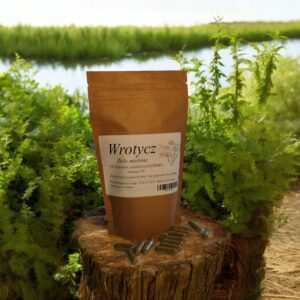
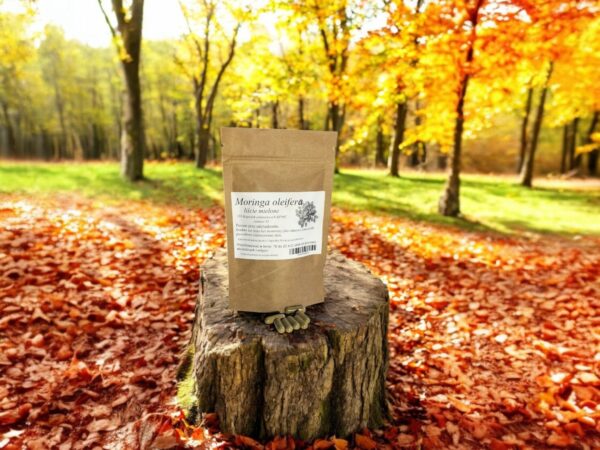

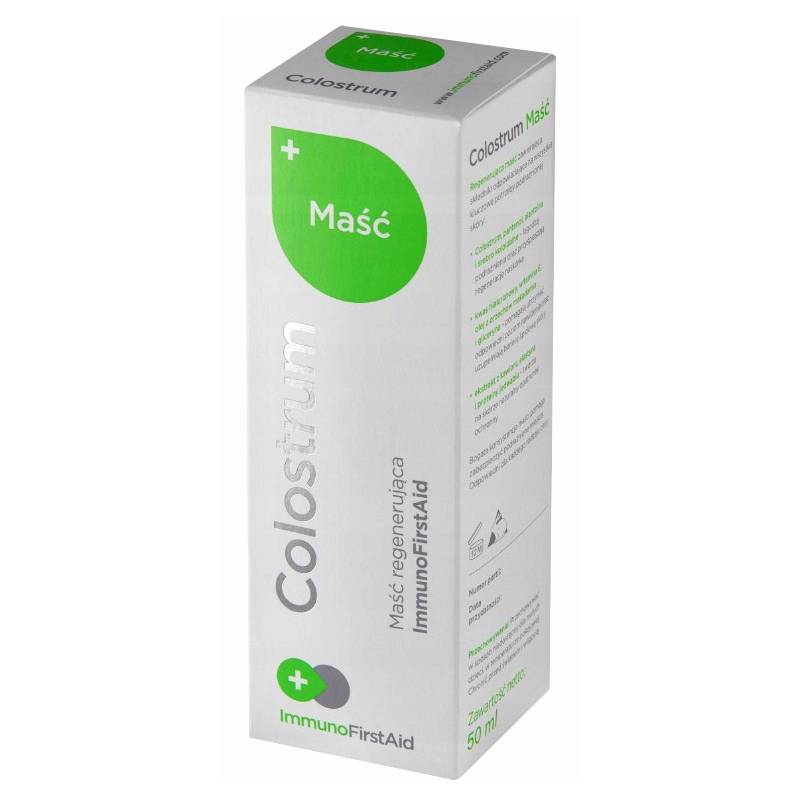

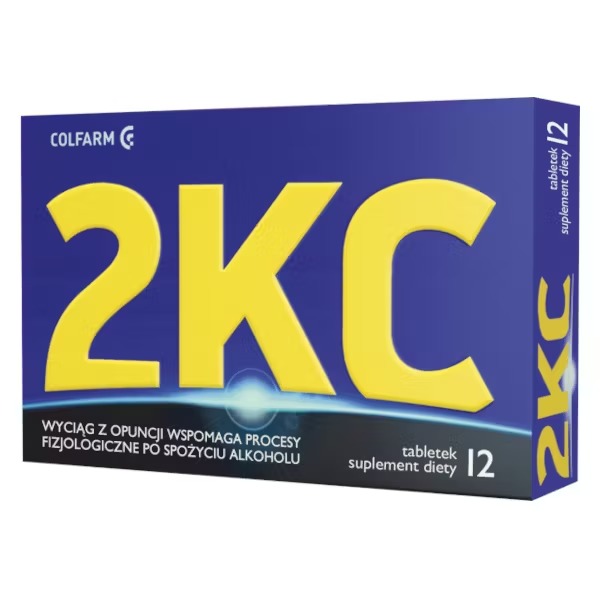
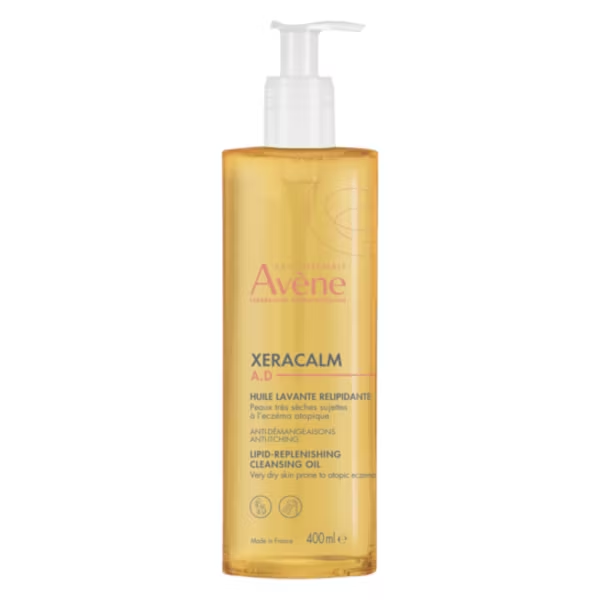




























Reviews
Clear filtersThere are no reviews yet.